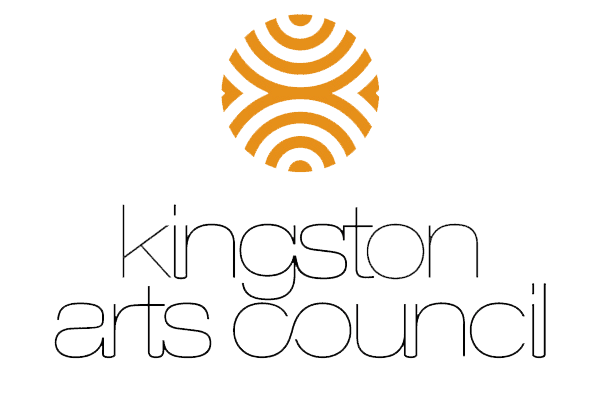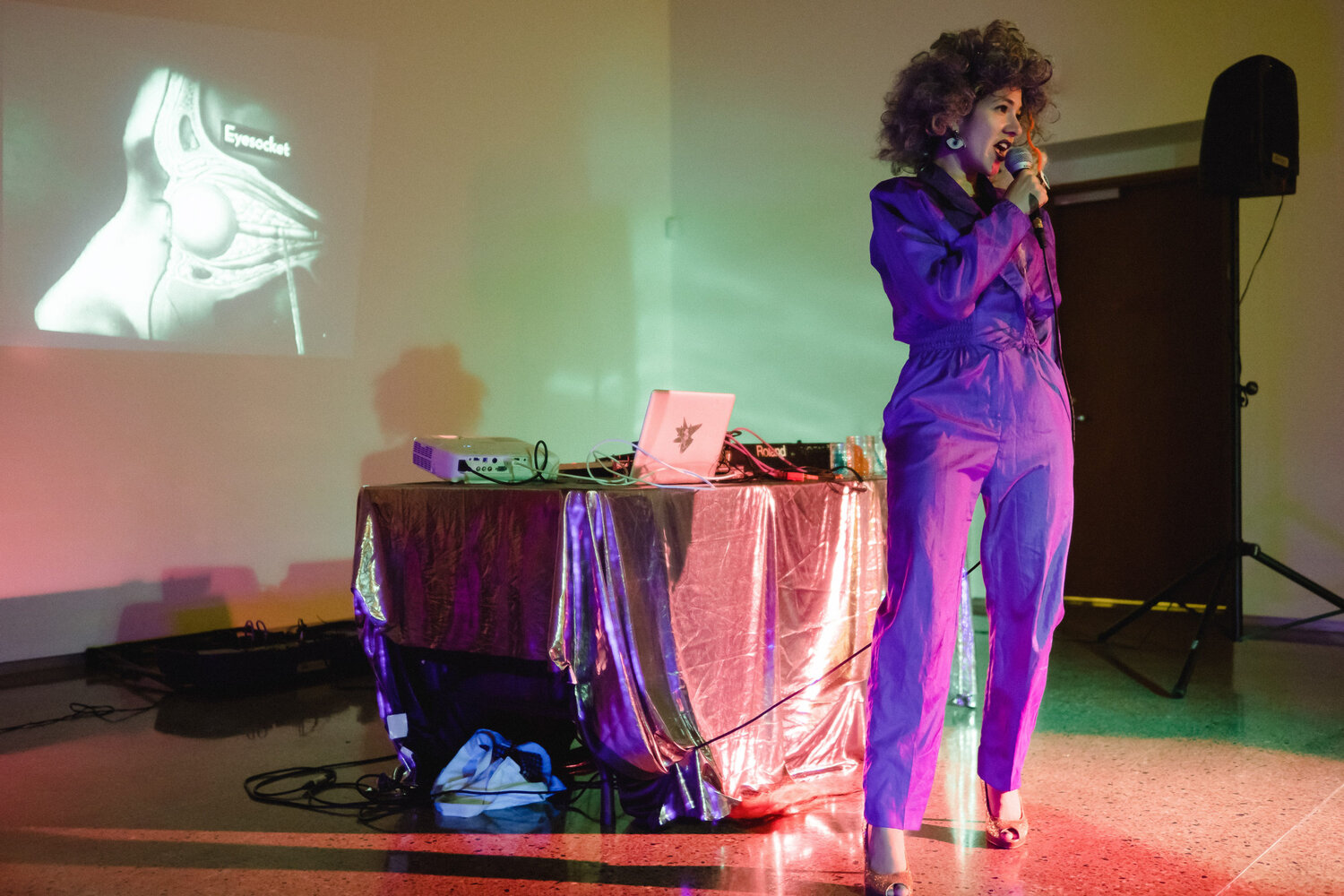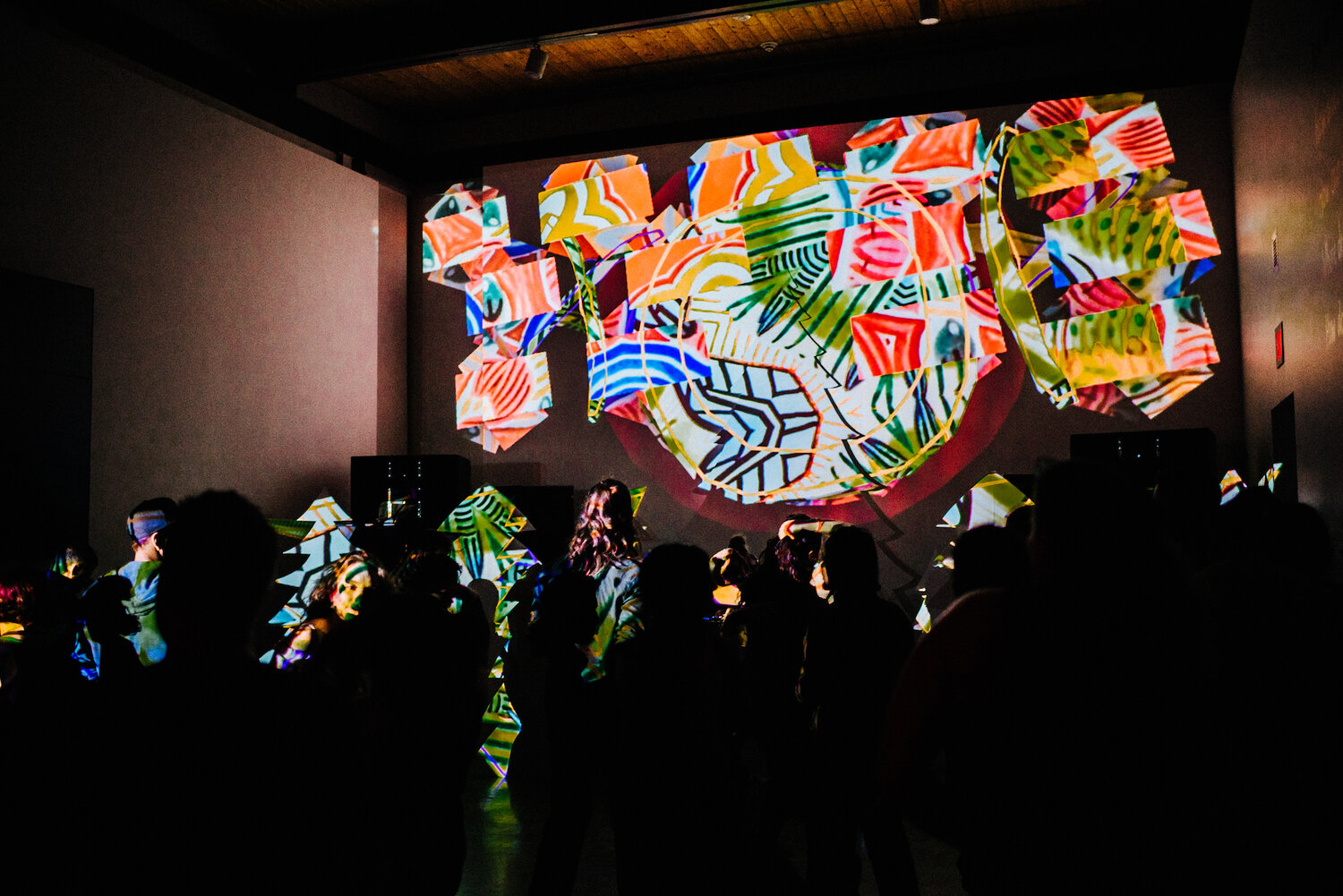Calling All Kingston Artists! A Primer on Kingston Arts Grants

To call the last twelve months “difficult” for all would be an understatement at best. To call the last twelve months “difficult” for arts workers would barely scratch the surface of the obstacles, hardships, and sacrifices that arts professionals have found themselves in since last March.
Yet, for arts professionals in Kingston, a silver lining might be slowly beginning to appear. On January 28, 2021, Kingston Mayor Bryan Paterson passed a motion that allocated an additional $200,000 towards artists and arts non-profits in Kingston, directly related to the impact that COVID-19 has brought forth on Kingston’s arts sector.
What does this mean? This means that an extra $200,000 of grant money is eligible for Kingston artists. This is huge and exciting news, as artists find themselves in historic times of hardship.
On March 2nd, an 11-page document was released, which comprehensively lays out the process of implementation for these new funds.
The document stated that the $200,000 will be divided into two new grants: Resiliency Grants and Adapt Grants. Both these grants are part of the greater umbrella City of Kingston Arts Fund Grant, also known as CKAF. Resiliency Grants are for individual artists to help with lifestyle and day-to-day expenses. Adapt Grants is aimed at funding projects. Before we delve into the specifics of these new grants, let’s take a step back and provide some information on what exactly the CKAF is.
FAQ
- What is CKAF?
- Established in 2007, the City of Kingston Arts Fund (CKAF) “provides grants to local arts organizations and projects to foster creativity at all levels and enrich how Kingston residents experience and engage with the arts”.
- How many types of CKAF grants are there?
- Prior to COVID-19, CKAF grants were allocated in two categories: Projects and Operating. 70% of the funds are allocated to Operating Grants while the remaining 30% are allocated to Project Grants.
- Project Grants are for artistic projects while Operating Grants aimed to help with operating expenses.
- Currently, there are four types of CKAF grants: Operating, Project, Resiliency, and Adapt. Info on all four can be found below!
- Ok, I think I get it a bit now. But, where is the extra $200,000 going?
- The $200,000 will fund two NEW grants: the Resiliency Grant and The Adapt Grant.
- This means $200,000 more grant money is going out to Kingston artists and arts organizations!
- So this means that there are now four grants under CKAF for Kingston arts professionals/companies?
- Yes!
- Who decides the grant recipients?
- Kingston Arts Council Staff plus designated Jurors.
- How are these Jurors selected? Can anyone be a Juror?
- Any relevant individuals can apply to be jurors, thus making the evaluation process quite equitable. KAC states that the jurors are “representative of the arts, arts professionals, and practitioners in the City of Kingston and are selected for their knowledge of the arts, high standing within the arts community, awareness of the City of Kingston context and the broader arts environment and, where possible, are reflective of the gender, demographic and cultural diversity of Kingston itself.”
Hopefully, now, you have a bit more clarity on where the new money is being allocated towards. To summarize, before COVID, CKAF had two types of grants: Operating and Projects. Yet, the recent announcement spurred the creation of two new CKAF grants: Resiliency and Adapt. There are now four CKAF grants.

Operating Grants
- Eligibility: Artistic company must be incorporated as a non-profit for at least two years or have a parent non-profit organization.
- Good standing with the City of Kingston, previous CKAF grants, the City of Kingston Heritage Fund, and/or the Community Investment Fund.
- Expenses: “Artistic production, presentation and dissemination costs, Artists’ fees, Utilities, staffing, office expenses, and rent; Costs related to accessibility for Deaf artists and audiences and/or artists and audiences with disabilities, Minor equipment or software purchases to upgrade technology, workspaces or health and safety items to support operations and programming”.
- The minimum allocation for an Operating Grant is $10,000 where the maximum sits at $75,000
- Due by April 21st, 2021
- First Time Applicants must book a meeting with Kingston Arts Council here prior to applying.
- Apply Here

Project Grants
- Eligibility: Exact same eligibility as Operating Grants.
- Similar to Operating Grants, but funds must be used towards specific projects, rather than operating costs.
- Expenses: “Artists’ fees, Artistic production, presentation, and dissemination costs and project administration costs; Marketing, promotion, audience development, and community engagement activities; Venue or studio rentals, Costs related to accessibility for Deaf artists and audiences and/or artists and audiences with disabilities, and Minor equipment or software purchases to upgrade technology, workspaces or health and safety items required to carry out the proposed project”.
- The minimum for a project grant is $5,000 and the maximum is $15,000.
- First Time Applicants must book a meeting with Kingston Arts Council here prior to applying.
- Due by April 21st, 2021
- Apply Here
Resiliency Grants
- Resiliency Grants, totaling $100,000 will be awarded to individual professional artists in Kingston aged 18 and older.
- Defining Professional Artists: those who “have developed skills through training and/or practice and are recognized as such by artists working in the same artistic tradition, and have a history of public presentation or publication, and seek payment for their work while actively practicing their art. Short breaks in artistic history are allowed”.
- Each individual Resiliency Grant will be capped at $2,000.
- KAC is planning on having three intake periods for the Resiliency Grants, with the first period commencing in April. More information on the application process and eligibility for the Resiliency Grant will be made available later this March, and KTA will ensure to communicate all necessary information.
- Eligible expenses for Resiliency Grants include “continuing education course fees (non- credit-granting programs); technology costs (web development, software, etc.); artist fees related to the adaptation or completion of work that began before grant submission deadline; marketing; documentation; travel expenses; costs related to accessibility for Deaf artists and audiences and/or artists and audiences with disabilities; per diems, childcare expenses, etc.; and rental of equipment or space”.
- As well, any artist from any art form is eligible for the Resiliency Grant.
- Furthermore, any recipient of the Resiliency Grant who receives funding during one intake period will not be eligible for funding again.
Adapt Grants
- Eligibility: “Individuals, including professional artists and arts professionals, collectives/ad hoc groups, and non-profit arts organizations in Kingston”.
- In contrast, the Adapt Grant aims to fund projects, rather than individual expenses.
- The total funding for the Adapt grant is also $100,000, yet allocations will range from $4,000 to $10,000.
- As well, compared to the three intake periods of the Resiliency Grant, the Adapt grant will consist of one intake period in June.
- As such, further information on the grant, including eligibility and application, will be published in June.
- If there are any unspent funds from the Adapt Grant, they will be added to the Resiliency Grant where an additional intake period will be added.
So, how does this affect the theatre in Kingston?
Well, to give some context, prior to COVID-19 and the added funds, in 2020 alone, for Operating Grants, Centre Culturel Frontenac received $16,608, Theatre Kingston received Theatre Kingston $42,230 and H’art Centre $12,097. For Project Grants, in 2020, The Juvenis Festival 2021, Blue Canoe Productions received $16,000. It is beyond clear that professional theatre companies in Kingston heavily rely, or partially rely on these grants to stay running. Thus, if Kingston theatre companies were already expecting to annually receive money from CKAF, then this need would only be amplified heavily during COVID-19 as other streams of revenue were limited.
As Kirsi Hunnako, Executive Director of Kingston Arts Council relayed to me in a November 2020 interview exposing the state of Kingston theatre companies under the limits of the pandemic, she explained that “some organizations are relying on government funding support (CEWS, CECRA) …Others are working to increase their private sector revenue through individual donations and sponsorships. Some are using the cost-savings from canceled events (e.g. not having to pay for venue rentals, catering, etc.) to cover operational expenses at least in part. Some have had to lay off staff”. Clearly, companies were forced to make difficult financial decisions to merely stay afloat so the need for these additional funds is beyond apparent.
Yet, the Resiliency Grant is incredibly significant in the sense it allows Kingston artists to receive individual funds that are designed to support them in their day-to-day lives. This is absolutely crucial as the pandemic has obviously spurred a monstrous amount of unemployment and reduced revenues for artists, thus making the Resiliency Grant in high demand.
Of course, to all theatre lovers, practitioners, artists, and thespians, COVID-19 placed a massive barrier to creating and consuming this shared passion. Yet, perhaps an unexpected silver lining is knowing that both the City of Kingston and Kingston Arts Council feel similarly and have added funds to ensure that arts in Kingston can continue to operate despite the massive hurdles created this past year. KTA will ensure to publicize all relevant information and deadlines, and we eagerly anticipate the creation of theatre that these grants will help to produce.
And yet, while KTA is thrilled that these grants will help with the longevity of theatre in Kingston, the greatest aspect of the grants is the reality that it’ll help artists financially in these especially turbulent times. After all, if we can’t successfully support our artists, then how can we expect them to create art?
